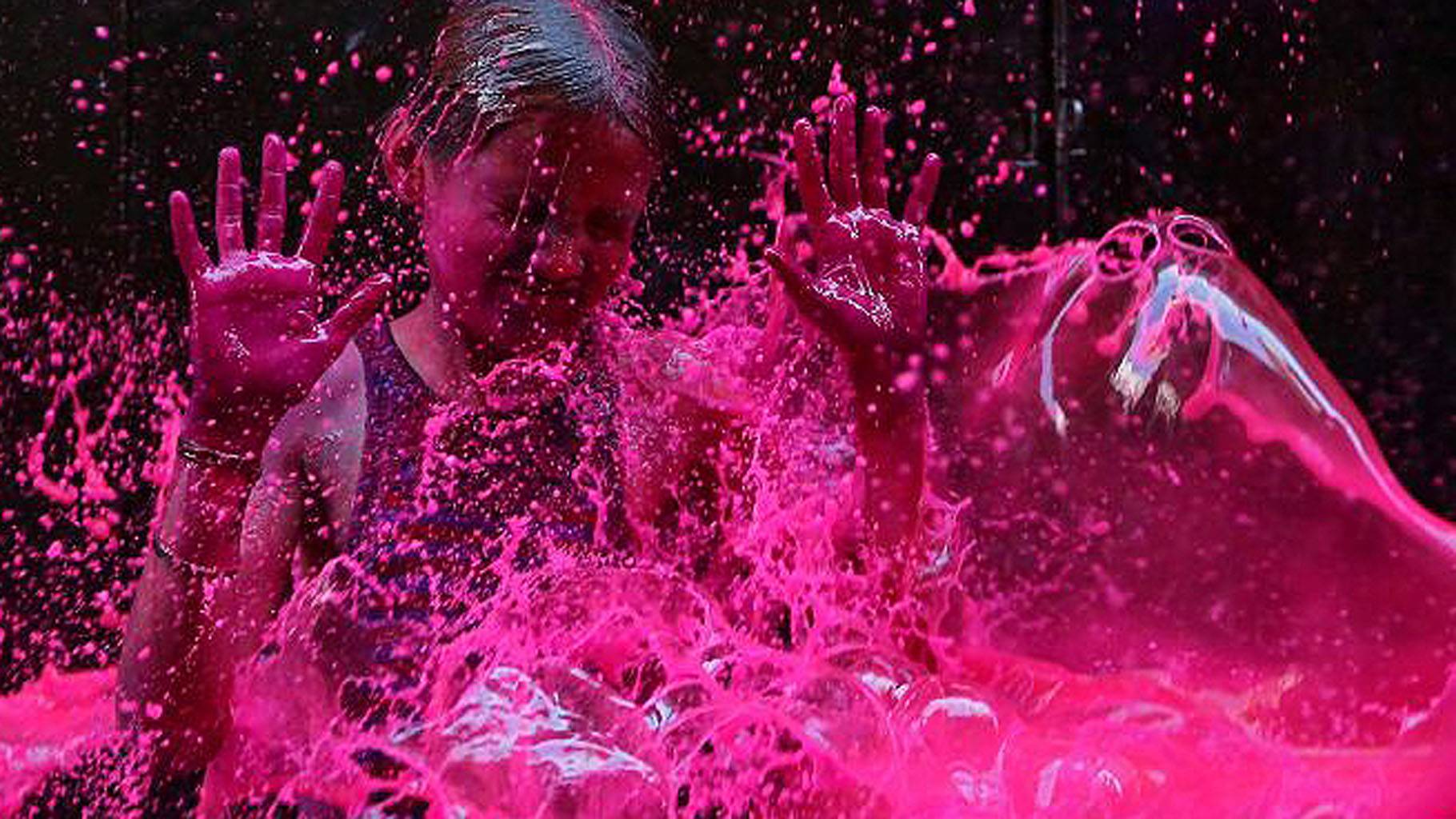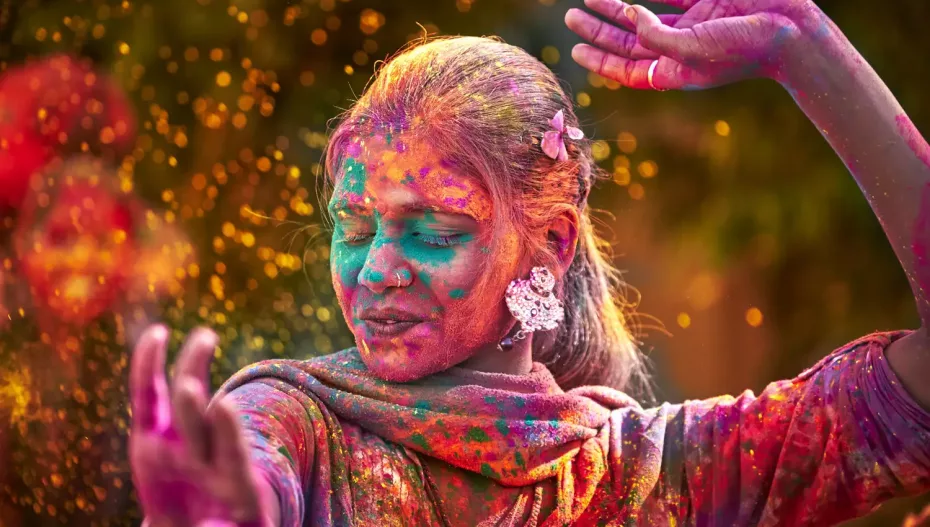Some words come imbued with unintended connotations. Bias brings to mind gender, hype to media, conservative to sections of society not mindsets which cut through stereotypes.
One such word is “consent.” In over-simplified terms it means “okay with something.” And a great way to teach little ones consent is to sensitize them about preferences and respecting differences.
Take Holi, for example — the greatest day to learn about consent, for adults and children. Ever hit by a water balloon? Ever doused with colour and even touched inappropriately in the garb of playing Holi? For some, Holi is a day to watch out for hooliganism and being subjected to various forms of violation and harassment while simply walking on the street.
If you live in North India, especially Delhi, you need to be hyperaware a week to 10 days before Holi — more so if you are a woman. You never know when a balloon filled with water will be thrown at you. And the worst bit is that it does not matter if you are walking or are in a rickshaw or public transport: if you are exposed, it will hit you.
Most of the “culprits” throwing water balloons are children, who are sometimes even encouraged by parents. Little ones can never manoeuvre those tiny balloons without adult help. And when the hit identify the balcony from where the assault was launched, an adult appears on the scene saying: “Bura na maano holi hai (Don’t take offence, it’s Holi).”

Kids on a Holi break seem to uphold the notion that this is a way to share the festive joy. In part, their guardians did not tell them the meanin og consent and in part, some families actually do indoctrinate on frivolous patterns of fun. Women, domestic workers and labourers seem to be the soft targets.
However, a sorry or seeking a pardon does not take away from the offence, annoyance, and the sheer sense of violation you experience right after a water balloon hits you. It means a blatant trampling upon consent.
Hence, children must be taught the necessity of consent in a civil society. In the age of “Digital India,” where children operate smartphones before they learn their maths tables, it would not be too early to teach consent as early as to three-year-old.
If you think this is making a big deal out of a harmless child’ act, think again. These children go on to become adults who intrude upon other people’s space, not to mention cultivation of a sexual predatory behaviour at times. Teenaged boys hit the balloons on women’s private parts. How does one excuse that? Maybe, the man grabbing your buttocks in a crowded bus grew up seeing his adult folk enjoy hitting Holi balloons on women.
So, think again. A stitch in time does save nine. Talking about seeking consent for throwing balloons or making fun of a someone in a collective gathering is just ensuring we shape an inclusive India. And one that learns to respect a “no” as much as “agrees to disagree.”













